For foreign students pursuing education in South Korea, mastering the Korean language is not just a means of academic success but a gateway to better job opportunities and a richer cultural experience. However, the path to language proficiency, particularly for full-time foreign students at Dankook University (DKU), is often fraught with challenges. Drawing from personal experiences and the struggles of many foreign students who arrived during the COVID-19 period, the pressing need for improved language support and more systematic Korean language classes is becoming increasingly evident. By understanding the hardships faced by foreign students and acknowledging the significance of promoting Korean language study, advocacy for positive changes in Korean language education should be initiated, ultimately leading to improved support for international students at DKU.
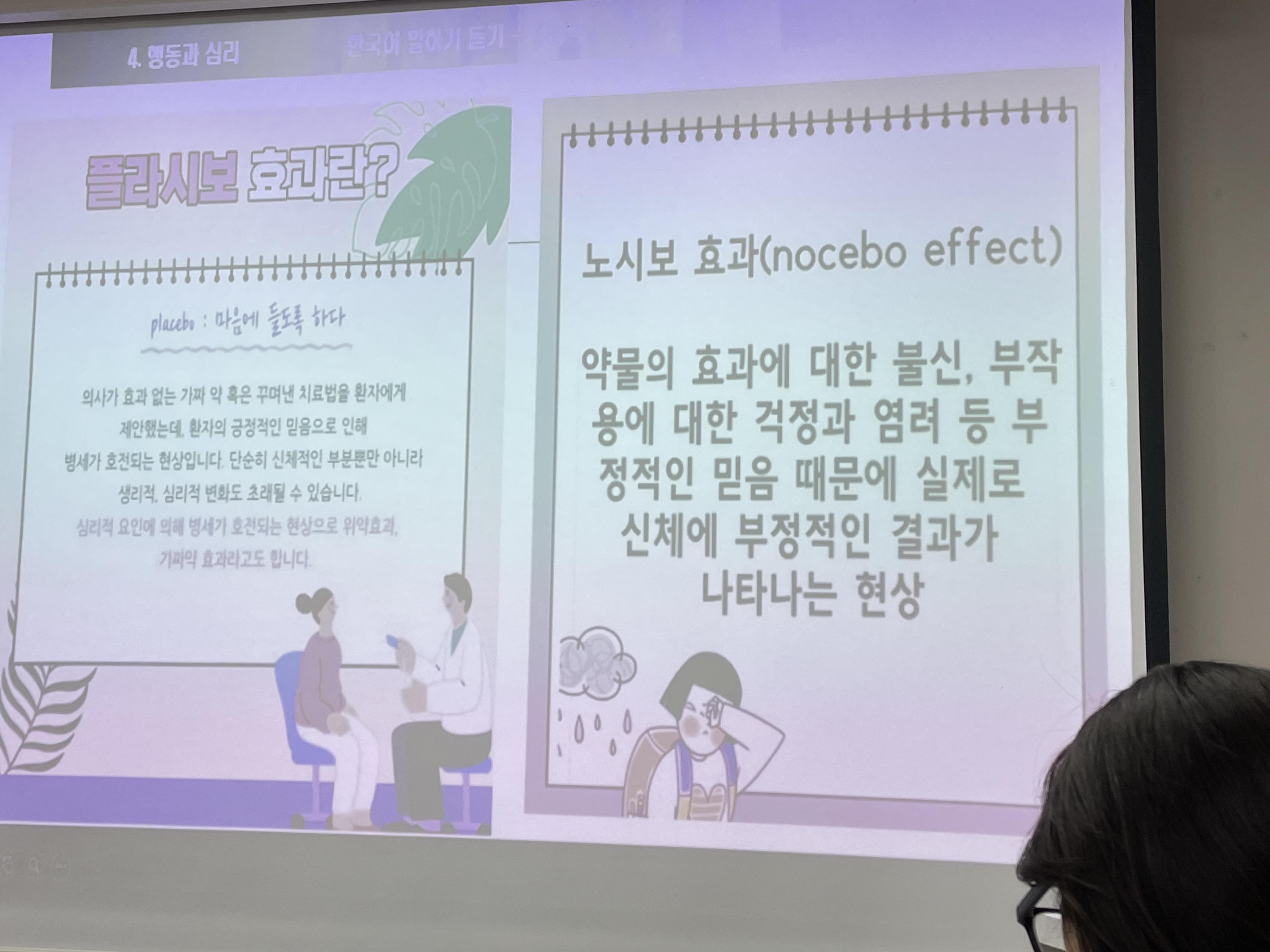 |
| ▲ K-LEAP Speaking Class (Photo by Dinh Phuong Thao Reporter) |
Currently, DKU operates K-LEAP (Korean Language Enhancement Program) for international students who have a TOPIK (Test of Proficiency in Korean) level 4 or lower. DKU is conducting the K-LEAP program for students hoping to obtain a TOPIK level 4 or higher during their first semester so they can better adapt to university studies during their second semester. However, TOPIK scores and the application of Korean language skills are not always proportional. International students at DKU are currently experiencing limitations and difficulties in improving their practical Korean language skills through K-LEAP. First, levels within K-LEAP are quite vague and inconsistent from the perspective of the international students taking the course. It is still quite difficult for most international students who have even taken K-LEAP to self-evaluate their Korean language skills, making it challenging for them to see their progress. On the other hand, the TOPIK intensive class, while valuable for those aiming for rapid TOPIK test preparation, falls short in providing the essential depth necessary to establish a robust language foundation conducive to full integration into university life. The majority of international students enrolled in the TOPIK intensive class primarily aim to attain TOPIK level 4 for graduation requirements, rather than aspire to fluently utilize the language in their academic pursuits and daily lives. Furthermore, based on extensive observations from international students, a notable concern arises, particularly among Chinese students who constitute a substantial portion of DKU's international community. Many of these students struggle to grasp even the fundamental elements of the Korean language, yet they find themselves enrolled in major courses taught exclusively in Korean. Compounding this challenge is the prevailing mindset among Chinese students, where a substantial number do not anticipate a long-term stay in Korea and consequently lack the motivation to invest in language acquisition. This situation significantly hampers their academic progress, as the language barrier impedes their comprehension of critical course material and their ability to adapt to life in Korea. Thus, it becomes evident that DKU must introduce stricter language proficiency requirements and improve its Korean language education programs to instill a greater sense of commitment among students studying in both the English and Korean tracks, fostering a more dedicated approach to language acquisition.
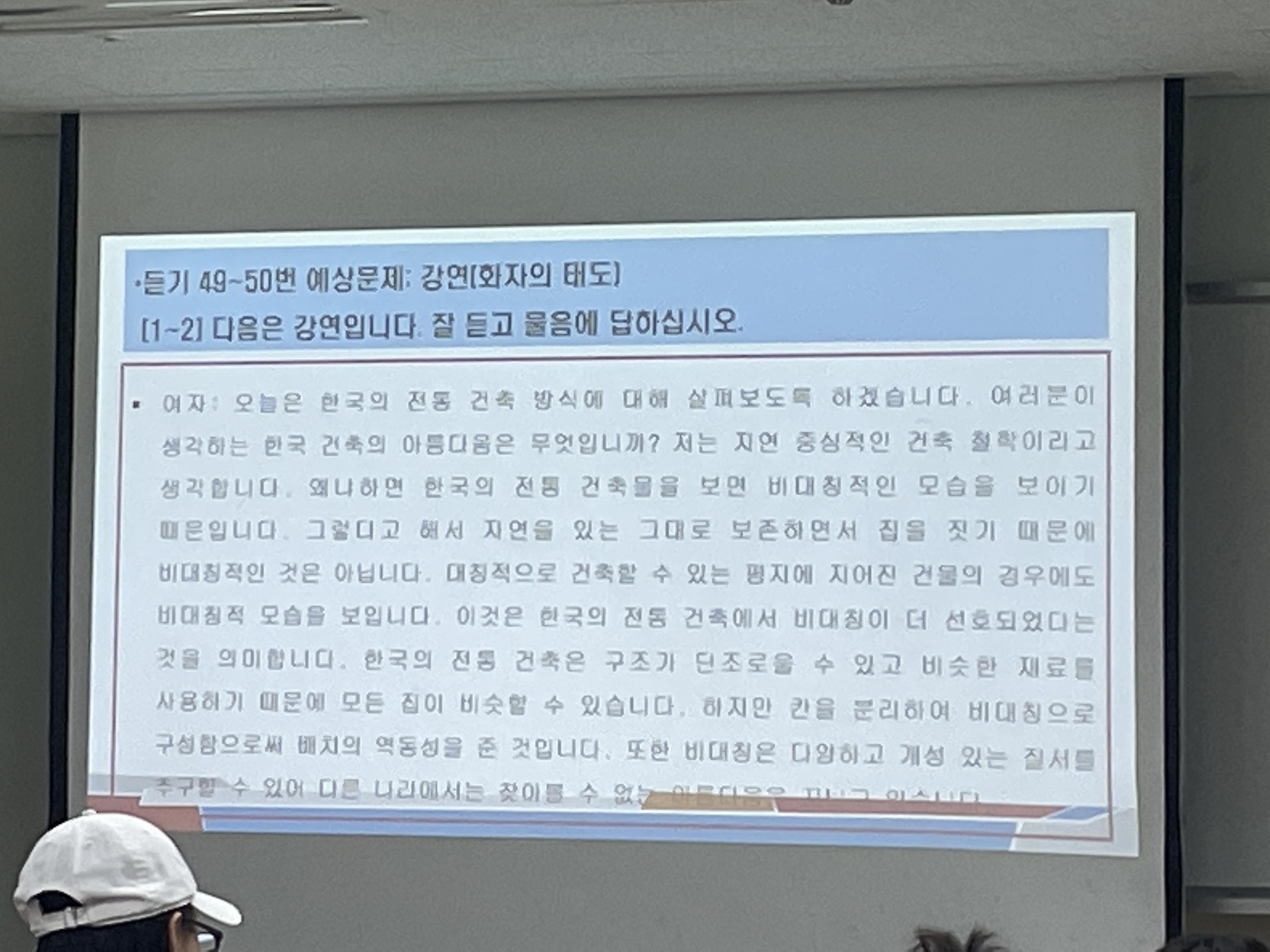 |
| ▲ Writing Practice Session at TOPIK Intensive Summer Class (Photo by Dinh Phuong Thao Reporter) |
DKU must firmly supplement Korean language education for foreign students either to help them attain professional achievements in Korea or to foster their adaptability in daily life here in Korea. To better cater to the needs of foreign students, DKU can implement more structured and comprehensive language programs, taking inspiration from the successful model at Sogang University (SGU). Currently, SGU is providing an extensive range of Korean language education programs for foreign students, with a total of 200 hours a week and an exclusive curriculum divided into six levels that are equivalent to those in the TOPIK test. The course schedule is both intensive and immersive, strategically designed to prioritize Korean language proficiency improvement, with students engaging in four hours of daily classes that meticulously consist of speaking, reading, listening, and writing skills, to maximize their language acquisition. This balanced approach emphasizes cultivating language comprehension, especially regarding speaking skills and ensures that students receive a holistic education in the Korean language. Students have the opportunity to explore Korean culture, history, art, and literature more deeply through field trips every semester, which can increase exchanges and language comprehension among the diverse cultures taking part in the program. Furthermore, exceptional performers are rewarded with scholarships, which motivates learners to have incentives to sustain their interest in Korean language studies. A systematic Korean language curriculum can enhance academic achievements and equip students to actively participate in various social activities and events, effectively encouraging the social integration of students. In light of these benefits, DKU should actively stimulate the interests of foreign students in Korean language acquisition by instituting effective mandatory language courses.
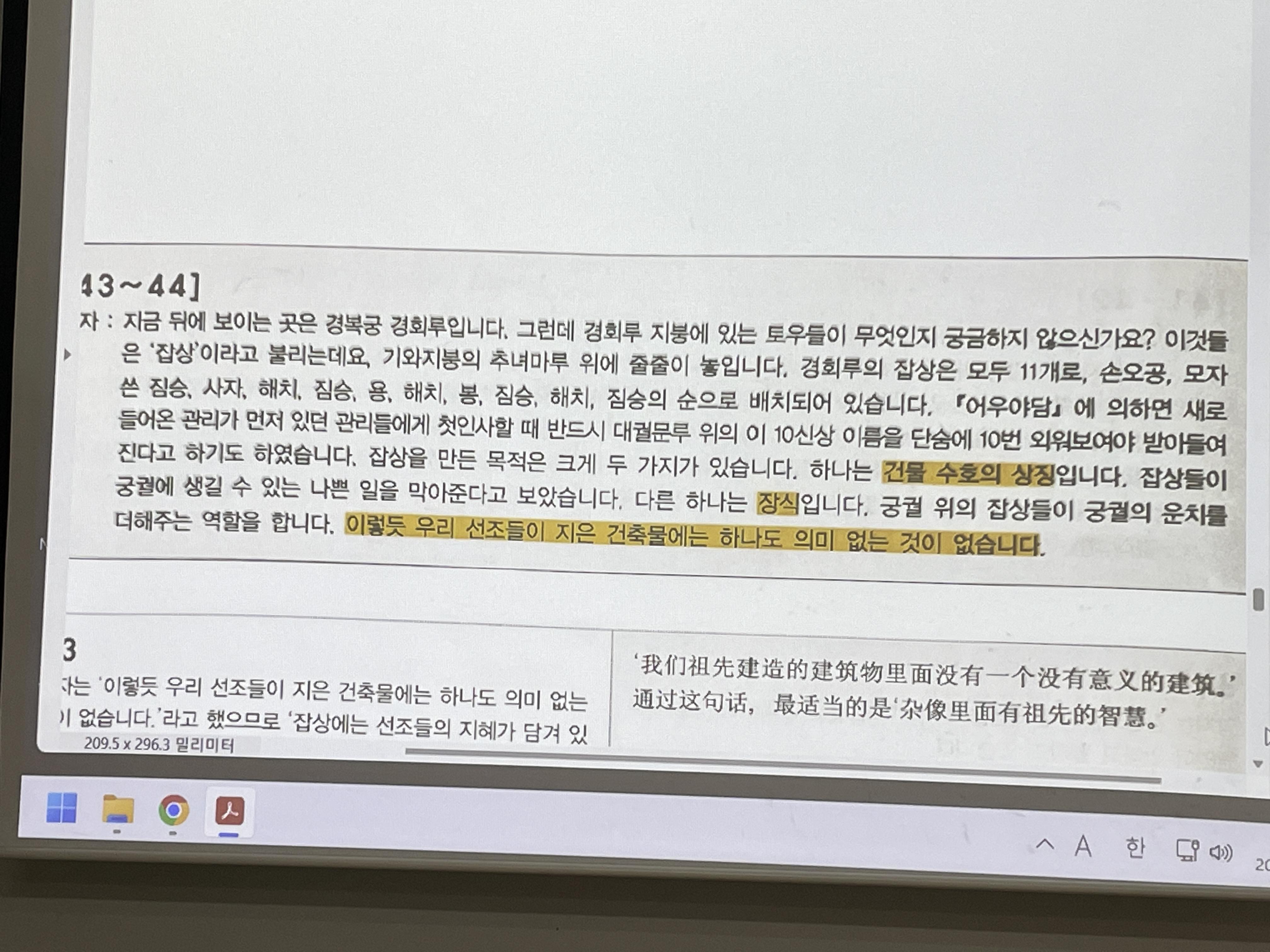 |
| ▲ Reading Practice Session at TOPIK Intensive Summer Class (Photo by Dinh Phuong Thao Reporter) |
The Dankook Herald (DKH) conducted interviews with international Dankookians (Students at DKU) about their experiences with language barriers. Tran Thi Diem Quynh (Junior, Mobile System Engineering) revealed that her limited comprehension of Korean posed significant constraints on her participation in school activities. Despite her earnest efforts to bridge the gap through various online Korean courses, she found them ineffective. Rafael Suwito (Senior, International Business Administration) echoed the challenges of dealing with Korean announcements and interactions, particularly in the Global Lounge. Additionally, routine tasks like shopping and getting haircuts are daunting without proficient Korean language skills. While Rafael tried self-study, he stressed the potential benefits of a more consistent language education program, especially for students pursuing English tracks. Nguyen Thi Hai Anh (Junior, International Business Administration) conveyed her lack of confidence in communicating with Korean friends and also advocated for immersive Korean acquisition classes tailored to foreign students. Meanwhile, Greselda Giovanni (Senior, International Business Administration) highlighted the challenges of engaging with department offices due to the language barrier, Phan Thi Mai Linh (Junior, International Business Administration) emphasized the significance of Korean proficiency for future job prospects and underscored the importance of promoting Korean language learning, even among students pursuing English tracks. Collectively, these experiences express the urgency for DKU to strengthen its language programs to facilitate the integration of foreign students into academic and daily life.
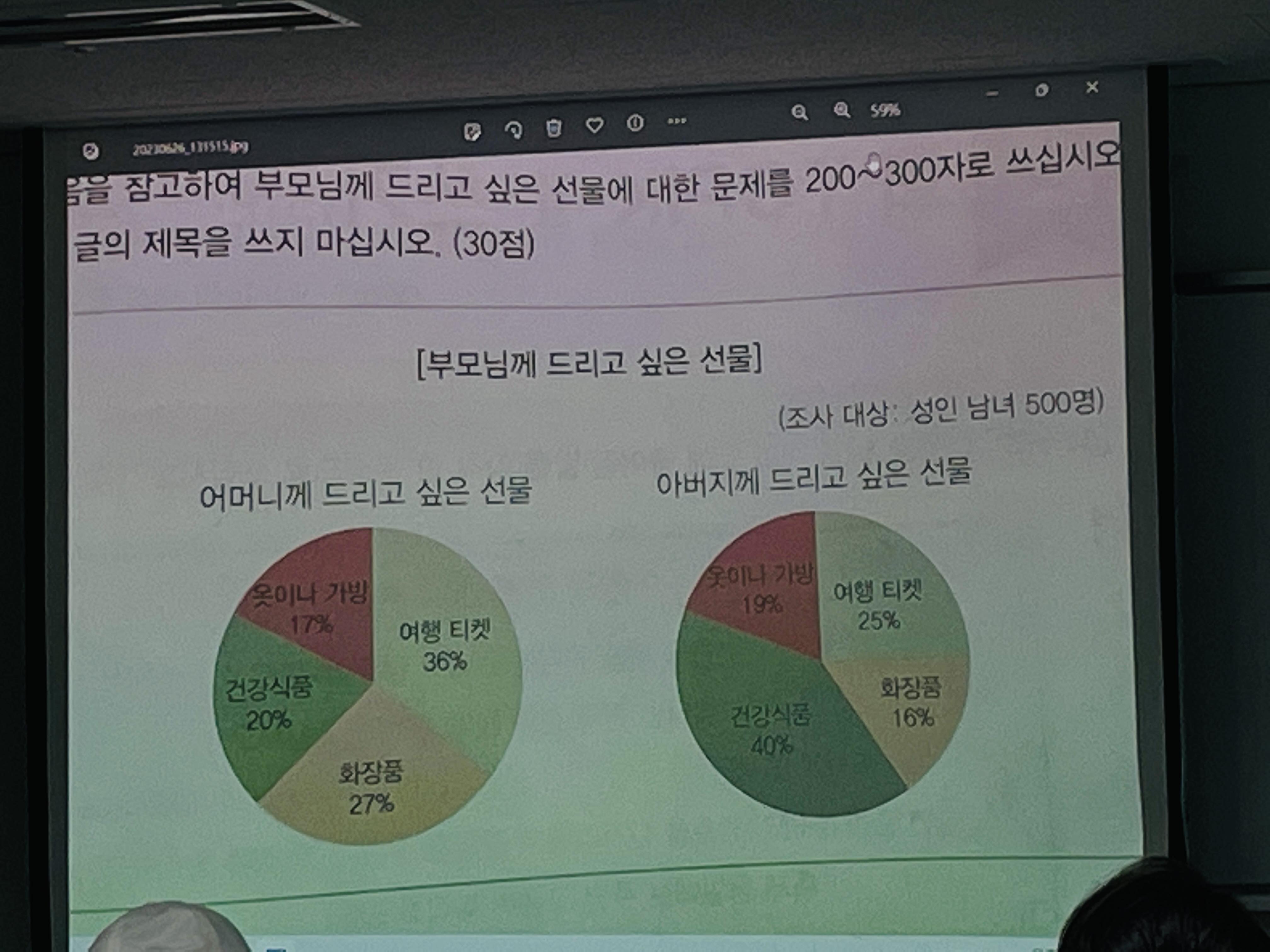 |
| ▲ K-LEAP Writing Class (Photo by Dinh Phuong Thao Reporter) |
DKU must respond to this call to action by first acknowledging the critical need for more organized and successful language programs for international students. As evidenced by the struggles of international students, the university can encourage students to take a more proactive approach to language learning, thereby laying the groundwork for their success within their diverse academic and cultural communities. The DKH genuinely wishes that international Dankookians can receive a better Korean education to live more comfortably in Korea.
Dinh Phuong Thao, 정영훈, 이진희 dankookherald@gmail.com

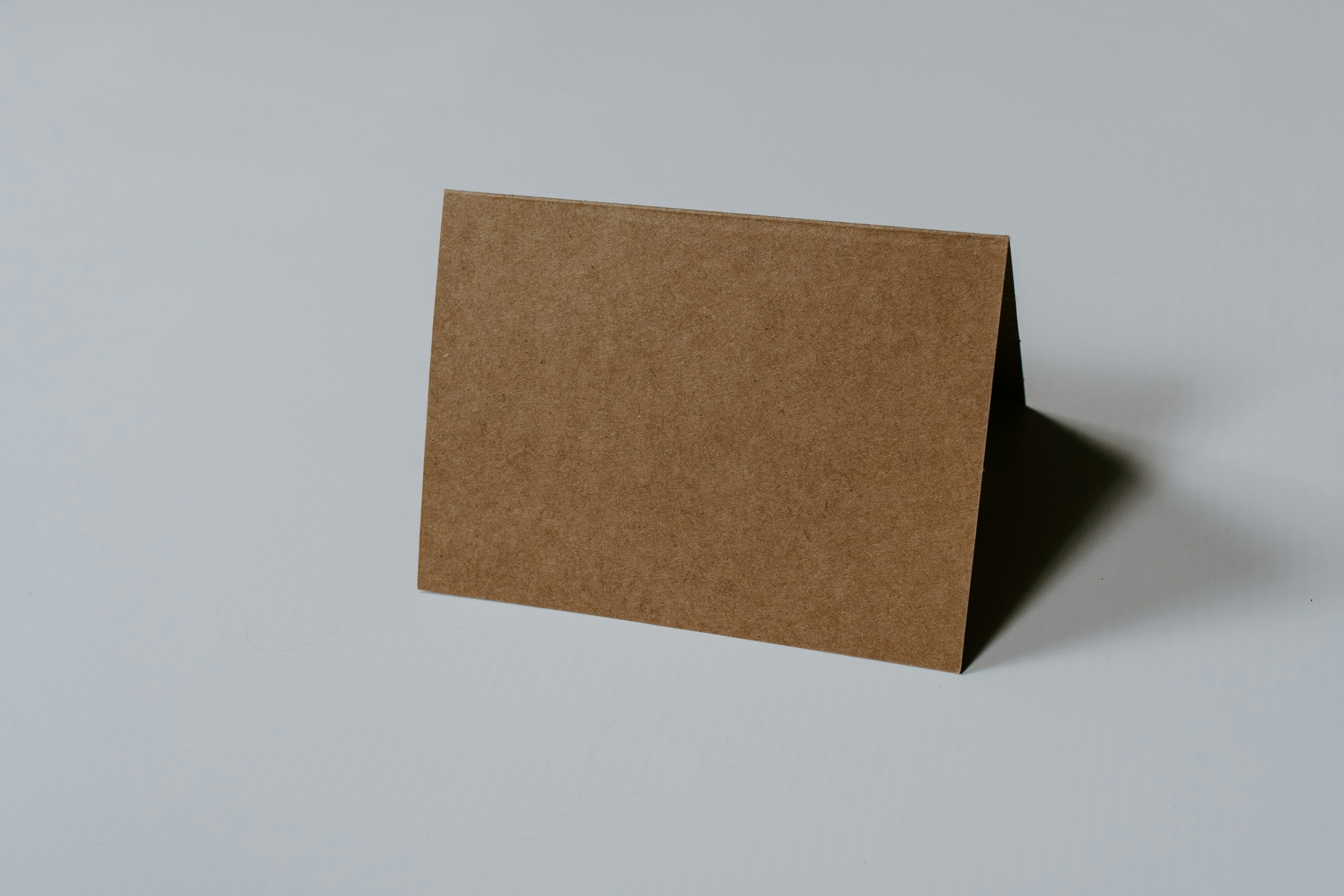 Vote for the Campus Brand Naming!
Vote for the Campus Brand Naming!
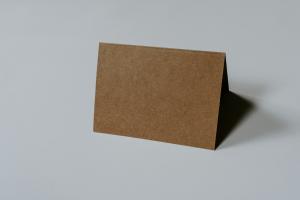
![[Campus Magnifier] Let's Surf the Library!](/news/thumbnail/202404/12496_1765_4143_v150.jpg)




